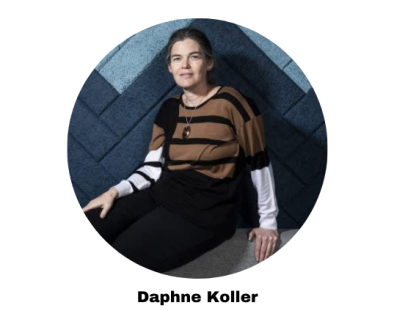Empowering the World Through Inspiration from Google’s Visionaries
In the realm of technological innovation, few stories stand as prominent and inspirational as the inception of Google, the search engine giant that revolutionized the digital world. The journey of Larry Page and Sergey Brin, the masterminds behind Google, offers an insightful look into how two innovative thinkers can transform a university project into a global phenomenon.
Larry Page and Sergey Brin were both Ph.D. students at Stanford University when they embarked on a journey that would change the landscape of the internet. Their partnership began in 1996 with a shared interest in data mining, a bond that would later spark the development of Google’s foundational algorithms. Their academic backgrounds in computer science provided a fertile ground for growth and understanding of complex computational theories, which they adeptly translated into a real-world application.
The idea was simple yet groundbreaking: to organize the world’s information and make it universally accessible and useful. This mission, bold in its simplicity, drove all strategic decisions and technological developments at Google. From its nascent stages in the late 1990s, operating out of a garage rented from future YouTube CEO Susan Wojcicki, Google transformed into a symbol of innovation, frequently ranked among the world’s most valuable brands.
Page and Brin’s innovative spirit and refusal to settle for the status quo gave them a significant competitive advantage. Unlike other search engines of the time, like Yahoo and AltaVista, Google focused on creating an algorithm that not only indexed the web efficiently but also prioritized results based on relevance and authority. This pioneering approach, initially called ‘Backrub’, used PageRank to measure a site’s importance by the number and quality of links to it. This systemic advantage allowed Google to deliver more accurate search results, thereby gaining massive user adoption.
Key to their success was the supportive environment at Stanford, which provided them with the necessary resources such as a multi-computer setup and access to the university’s network infrastructure to test and refine their ideas. As stated by Steve Jobs, “Innovation distinguishes between a leader and a follower.” Page and Brin took this mantra to heart, continually iterating on their product, investing in a culture of constant improvement and innovation.
But even groundbreaking ideas require advocacy, and for Google, that advocacy came in the form of seed funding from Andreas Bechtolsheim, co-founder of Sun Microsystems, who famously wrote a check for $100,000 to “Google Inc.” a company that, at the time, technically did not exist. This seed capital allowed Page and Brin to transition Google from a research project to a startup with a tangible business structure.
As aspiring business leaders look to emulate Google’s success, it’s vital to recognize the importance of leveraging academic and industry partnerships, fostering a culture of innovation, and focusing intensely on product differentiation. Google’s relentless pursuit of technological enhancement serves as a blueprint for startups aiming to disrupt industries; developing a clear value proposition and committing to it with tenacity and foresight is what separates thought leaders from their competitors.
Interestingly, the impact of Google’s creation extends beyond just their search engine. It ushered in an era of technological empowerment, inspiring countless entrepreneurs to think big and strive for remarkable impact. With products like Android changing the mobile landscape and Google Ads redefining digital marketing, the company’s influence is omnipresent, echoing the words of Albert Einstein: “The measure of intelligence is the ability to change.”
Larry Page and Sergey Brin exemplify how vision, collaboration, and strategic insights within supportive environments create a perfect amalgamation for success. Their story is not just about creating a search engine; it’s about establishing a legacy that empowers innovators worldwide to dream, dare, and disrupt the norms continually.

